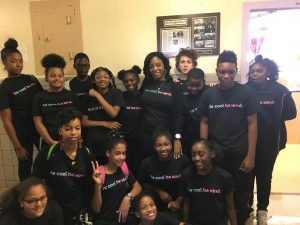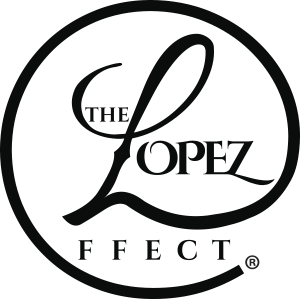
24 Feb How to Create Safe Spaces In Our Classrooms that Ensure the Well Being of Children

In the past five months, I have dealt with three cases of suicidal ideations that required medical attention, investigated allegations of cyber bullying, saw an increase number of scholars with anxiety associated with the pressures of school. To say the least, this has been a very challenging year, especially with the most recent school shooting tragedy in Florida. It has required the administration and social emotional team to reevaluate how we establish a safe space that is responsive to what is happening in world and meeting the needs of our scholars.
After a meeting that included our guidance counselors, social worker, a mental health provider, the Director of Scholars and the Assistant Principal we ensured that the following measures were in place:
-
- The Write to Heal. Using writing as a form of therapy, we offer all of our scholars the opportunity to participate in a weekly journaling program. Similar to a writing workshop, scholars focus on writing down their thoughts in journals that are supplied to them, so they can express their feelings without fear of judgment from their peers or adults. Invited guest speakers include writers and spoken word artiste that have been invited as guest speakers to share their personal stories and explain how writing has helped them to overcome adversities and find a positive way of coping with stress, disappointment, anger or sadness.
- Scholars has a Champion. Each adult has a check-in group of ten scholars who they must meet with every single week. They are responsible for checking grades, communicating with parents, serve as a liaison to teachers, and offer guidance with any concerns or needs that their assigned scholar may have. The small intimate grouping makes it easier to maintain a culture of well being and ensures we are intentional about creating an inclusive space where “Be Cool. Be Kind.” and “I Matter” are campaigns that seek to make sure scholars are happy and healthy, mentally, physically and emotionally. Champions have the opportunity to meet during our team meetings to recommend scholars for at risk counseling, schedule parent meetings, or refer them to outside school support.
- Targeted Grade Level Meetings. Each member of the social emotional and administration team meets with 12 scholars every two months. During the meetings scholars are given voice and asked to share feelings of extreme sadness; attempts to engage in self-harm; need to talk to someone about a personal issues, bullying or overwhelming pressure associated with the demands of school.
- Parent Engagement and Outreach. Many parents have expressed concerns with the significant change in the standards and curriculum that they grew up with when they were attending middle school. Unfamiliar with the strategies and skills their scholar needs to demonstrate mastery in their learning, our patents struggle with being able to help with homework or study time. In addition, social emotional concerns have grown with the ongoing use of social media that presents issues of social media or inappropriate behaviors displayed online. As a result, monthly workshops have been designed to target specific areas of concerns such as: how to communicate with an adolescent, safe guarding their child from harm on social media, academic strategies to navigate the Common Core curriculum.
- House of Leaders. The need for social acceptance, protection, and a s sense of belonging has made joining a gang an enticing opportunity, despite the mental and physical risks they may incur. In the community of Brownsville there are more than 32 gangs within a one-mile radius, seeking to recruit children as early as fourth grade. To cultivate leadership and a sense of belonging to greatness, we have established a house system comprised of four groups that represent Black leaders such as President Obama, Shirley Chisholm, Marcus Garvey, and Assata Shakur. Fifty scholars are assigned to a group led by teachers and paraprofessionals who seek to teach advocacy, engage in healthy competition, celebrate small successes, build community and positive relationships amongst scholars and adults. Points that are earned from improvement of grades, attendance, good behavior, community services, and parental involvement has established a cultivated a culture of excellence.
- Community Partnerships. While every school is a community entity, it is essential to establish partnerships with community based organizations that can provide resources beyond the classrooms to meet specific needs for both scholars and their families. Project Reach offers small groups for LGBTQ scholars and professional development to establish a safe and inclusive environment. Brookdale Hospital, where many of our scholars receive mental and physical health services, has partnered with our school to offer workshops for parents that provides strategies that promotes healthy habits and wellness. They also host field trips for our families to familiarize themselves with the hospitals resources and learn about preventative measures.
Our schools are sacred and safe spaces where our children should thrive and know that they are loved.

